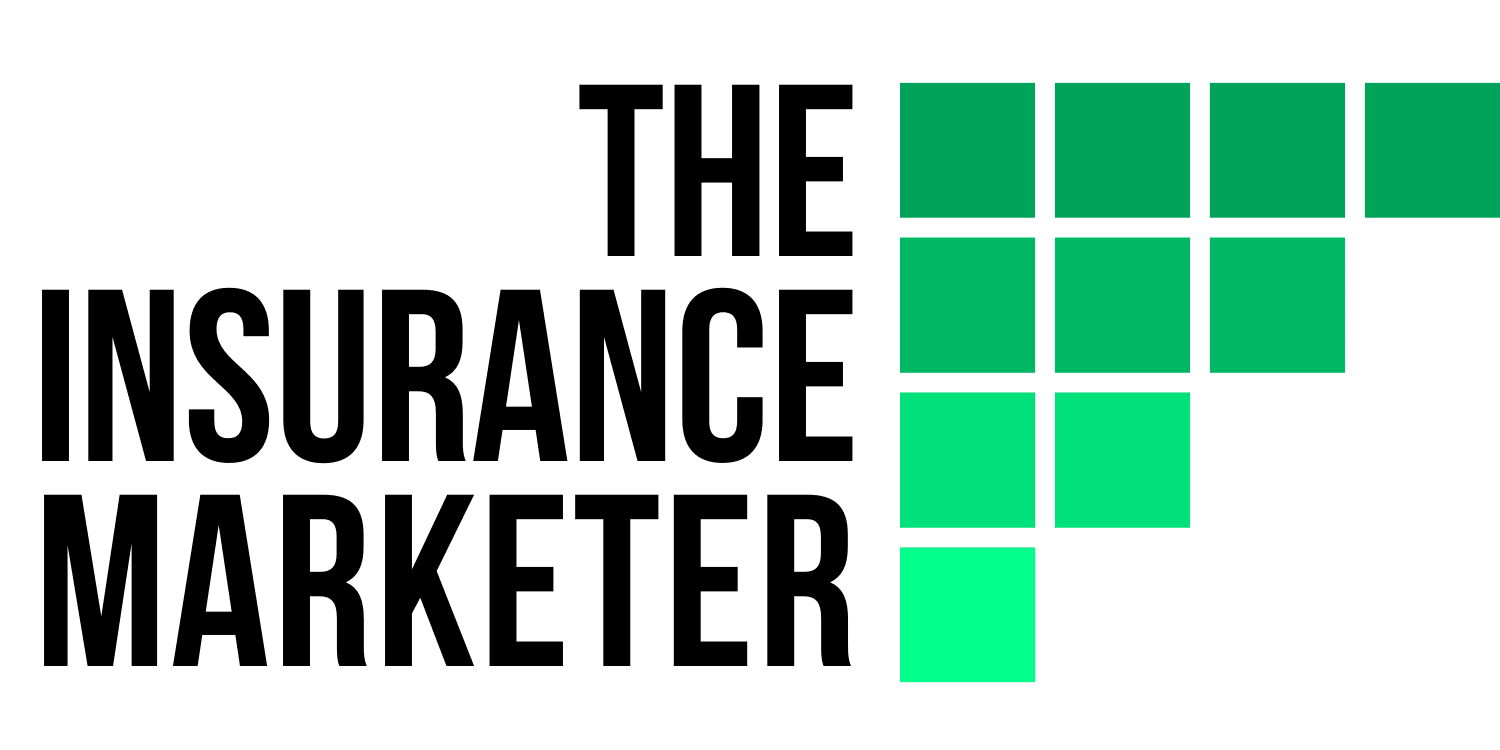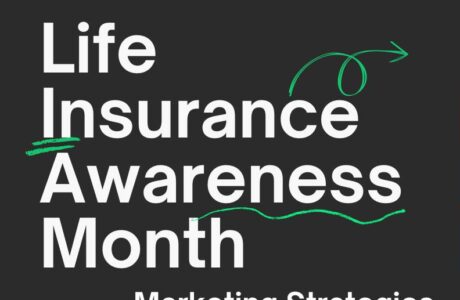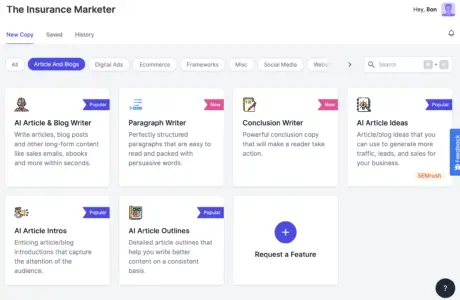Ahh…You know health insurance is not easy to understand. There are so many options to choose from, jargons to understand, tips to follow, conditions to fulfill…And that’s when people need to find answers to their specific questions.
Their queries will include “how-to,” “what,” “where,” “why”, “tips” and so on. These queries make up the vast majority of searches performed on Google, so you are sure that by providing informational and helpful answers will bring you organic traffic.
Here’s a list of 20 health insurance blog topics:
1. Health Insurance 101 for First-Time Buyer
Choosing the right health insurance might not be an easy process for a first time buyer – with so much plan options, jarons and figures to go through. Therefore, creating a healful, comprehensive and well-structured guide will bring decent amount traffic from if you can help
You may start off with the basics by explaining the likes of deductible, copayments, coinsurance, out-of-pocket limit, and so on. Then you can list out the plans available under the two main types of health insurance in the United States: public health insurance (like Medicaid, Medicare and Child’s Health Insurance Program) and private health insurance ( e.g. HMO, PPO, EPO, POS and so on).
Then you can continue to answer the next possible questions a first time buyer might have, such as:
- What benefits does health insurance provide?
- What factors will determine the cost? (e.g. age, location, deductibles, etc.)
- What are supplementary benefits? (Dental insurance, vision insurance, or critical illness insurance)
- When is the best time to buy health insurance?
- How to compare different health insurance plans online?
- What is the difference between buying online and through insurance agents?
With subheading like these, the word count could reach up to 3000 or above.
2. The Different Types of Private Health Insurance
HMO, PPO, EPO, or POS— what are they? It can be confusing for most, if not all, people who are looking for a private health insurance plan. Each of these plan types is differentiated by their network and coverage options, terms and conditions, which doctors you can see and how much they will pay.
Write an article to let your readers learn the differences between health insurance plan types and find out how to choose the best plan that is right for them.
3. How to Read a Summary of Benefits and Coverage?
A summary of benefits and coverage (SBC) is a document that all insurance companies are required to provide. Because it’s all in the same format, it’s easier to make apples-to-apples comparisons when you’re deciding which plan is best for you. You can use the SBC to compare prices, benefits and other health plan options and features that might be important to you.
Even though it’s meant to make the information easier to understand, it can seem like a lot at first. It will be useful to write an article to help your audience to navigate through a SBC – so they can understand what to expect, especially if they have the need for specific treatment needs, or in the event of an emergency.
4. Can I Buy Health Insurance at Any Time?
Since they introduced Affordable Care (commonly known as “Obamacare”), all insurance companies are required to provide coverage regardless of the health status of the applicant. You can now purchase insurance coverage only during an annual “open enrollment” period, which is Nov. 1 through Dec. 15 for plans on the marketplace.
Once that window closes, does it mean you have to wait for the next annual open enrollment period? The short answer is “no” only if you meet the criteria for special enrollment with a qualify life event, such as:
- Loss of coverage: Being fired or laid off.
- Change in household: e.g. Getting married or divorced, having a new baby, etc.
- Change of residency: Moving to a different ZIP code or country, moving to the United States from another country.
5. A Millennial’s Guide to Buying Health Insurance
There isn’t a category of health insurance designed and marketed for millennials (unlike Medicare for people who are 65 or older). But when it comes to getting health insurance coverage, they do have options according to their age, income and employment.
You may want to consider going through the options of short-term medical insurance, catastrophic ACA plan, COBRA, Medicaid or buying through a Marketplace.
ALSO READ:
6. How to Lower My Health Insurance Premium?
Who doesn’t like to save money from their insurance costs? The fact is, health insurance premium has been on an average of 4-5% per year (Source). So everybody must want some tips for sure.
Of course, when evaluating your health insurance choices, shopping around and comparing different policies is essential. You can also talk about what various health insurance terms (e.g. copay, coinsurance, deductibles and other factors like lifetime limit) may lower the premium. Some providers are starting to offer premium discounts to their policyholders based on the amount of exercise they do by looking at fitness trackers.
7. What Happens If I Don’t Pay the Premium?
If you stop making your monthly premium payments on your health insurance, you will of course, lose the coverage. And everyone knows that going without medical insurance is a gamble. Writing an article to discuss the consequences and possible alternatives will be helpful to your readers.
You can talk about what will happen after the grace period. And the timeframe before the health coverage stops depends on whether one is eligible for tax credits toward your premiums. If they are qualified for those credits, they are given a 90-day grace period to catch up on the payments before your health insurance policy is cancelled and coverage is lost.
Then you can discuss the alternatives like job-based coverage, Medicare (if they are old enough), short-term health insurance and the likes.
8. Best Health Insurance Affiliate Programs
Health insurance could be the best insurance to sell online, with commission starting from $5-$10 per lead and up to $50-$75 per sale. This means a commission can be earned even without having people actually buying the insurance. (Source)
Selling insurance purly online allows you to skip the travelling, call-calling, door-knocking, networking and so on, which are common practice in the century-old industry. Not only is it for insurance agents and brokers, but it could also be a new stream of side income if you have a group of online followers who are health conscious.
ALSO READ:
9. Does Health Insurance Cover Covid-19 Testing?
Starting on March 18, 2020, all forms of public and private insurance, including self-funded plans, must cover FDA-approved COVID-19 tests and costs associated with diagnostic testing with no cost-sharing, as long as the test is deemed medically appropriate by an attending health care provider. (Source: KFF)
10. Does Health Insurance Cover Covid-19 Vaccine?
All Medicare beneficiaries cannot be charged for the vaccine by providers. Most private health insurance plans will be required to cover all the costs of a COVID-19 vaccine. All copays and coinsurance payments by patients are also waived for public and private plans. (Source: AARP)
If in doubt, do check with your healthcare provider.
11. Does Health Insurance Cover Covid-19 Treatment?
Whether you have public health insurance or private health insurance or an employer-sponsored plan, you are covered for medical services and treatment as specified in your plan’s benefits schedule. Some insurers are waving the out-of-pocket expenses, copayments, coinsurance, or deductible costs for the treatment of Covid-19. If in doubt, do check with your healthcare provider.
12. How to Get Health Insurance If You’re Self-Employed? Solopreneur? Freelancer?
In this article, you can start off with the cost of getting health insurance as a self-employed or freelancer. It will be helpful if you would do some research and list out the average cost for each state. Then you can go on to discuss the different options available, such as from the healthcare marketplace, you spouse or partner’s plan, short-term insurance, or professional association (e.g. The Freelancer Union).
Then you can provide some tips on how to lower health insurance costs. This can be done so by choosing a plan with higher deductibles or choosing a lower “metal-level” (where your insurer pays less for your claim) in the marketplace and so on.
13. How to Keep Health Insurance After a Layoff?
Being laid off doesn’t mean the end of the world – but during the COVID-19 outbreak, health care is surely one of the top priorities when you are not covered by your employer’s plan anymore.
It will be helpful if you could write a post to list out the options available and their pros and cons. Your list may include COBRA, Medicaid, Medicare, spouse or partner’s insurance, short-term plan, etc.
14. How to Choose Health Insurance for Senior Parents?
When a parent turns 65, their decisions will have a significant impact on their healthcare coverage throughout their golden years. They deserve every reason to get support whether they ask for your help or not. It’s usually not an easy topic to discuss, and it’ll involve having to talk to your parents about sensitive topics like their personal health and finances, but it’s crucial that they’re fully aware of all their options.
It make senses to discuss the types of available options (e.g. Medicare or Obamacare), what does it cover, and how much do they cost. You can learn more from MedicareGuide.
Add value to your post by listing out the types of preventive care covered by their insurance plan for people who are 65 or older. Preventive care is important because it helps them stay healthy and get more effective treatments even before a disease starts.
15. What Is Preventive Care and Does My Health Insurance Cover the Cost?
Preventive services consist of healthcare services that include check-ups, patient counseling, and screenings to prevent illness, disease and other health-related problems.
Preventive care is important because it helps you stay healthy and access prompt treatment when necessary, and it can also help reduce your overall medical expenses. Many types of screenings and tests can catch a disease before it starts.
Thanks to the Affordable Care Act (ACA), a wide range of health preventive and screening services must be covered by health insurance plans – i.e. at no cost to the enrollee. There are different preventive coverage for adults, women, including pregnant women and children. (Source)
Age, conditions and annual limits do apply on preventive care for most insurance companies. For instance, you may only be able to receive full coverage for one well visit or particular screening per year. And in most cases, preventive care will only be fully covered if you go to an in-network provider. Remind your reader to check with their doctor and insurance company to make sure what preventive care they’re eligible for.
16. What is Telemedicine? How to Seek Medical Treatment Remotely?
Telemedicine, also referred to as telehealth or e-medicine, is the remote delivery of healthcare services, including exams and consultations, over the telecommunications infrastructure. (Source)
As day to day life in countries around the world continues to be affected by COVID-19, one of the many things that has changed is the way we access medical advice and treatment. You can write an article to discuss the current applications and pros and cons of telemedicine.
ALSO READ OUR POST:
What is On-Demand Insurance? And Will It Become the Mainstream?
17. Why Do You Need A Second Medical Opinion?
A second medical opinion is when you get an opinion to confirm or question the first doctor’s diagnosis and/or treatment plan. It is often given by an expert in their field of medicine, and sometimes by medical professionals from overseas. They may provide more information about the disease or suggest an alternative diagnosis or other treatment options.
The structure of this article may look like this:
- What are the benefits of getting a second medical opinion?
- When to get a second medical opinion?
- How to get a second medical opinion?
- How much does it cost? Is it covered by health insurance?
- Can it make a difference?
- How to use a second medical opinion?
18. What Is International Health Insurance? And Who Should Buy It?
International health insurance provides coverage for individuals of families who spend most of their time outside their country of citizenship – expatriates, retirees, global employees or frequent travellers.
One of the most asked questions is, “can I just buy travel insurance with medical coverage?” The answer is no. It is because travel insurance usually only covers medical emergencies the happen overseas. And the coverage of international insurance can cover preventive care, pregnancy, cancer treatments, vision or dental.
Then you can add value to this post by indicating what the buyer should look at when considering such coverage. (e.g. annual visit limit, 24/7 international emergency support, network of doctors, second medical opinion, etc.)
19. Should I Get Dental Insurance? Is It Worth It?
You can get dental coverage in the Health Insurance Marketplace in two ways: as part of a health plan, or. by itself through a separate, stand-alone dental plan. You can first start with what’s covered and what’s not. Then people would love to see some plan and price comparison of the stand-alone plans available. To answer the question of whether dental insurance is worth it, you may need to illustrate with some examples for the cost of visiting a dentist versus buy a dental insurance plan.
20. Steps to Appeal a Health Insurance Claim Denial
It is not uncommon to have your health insurance claim denied. But it is not the final word. The good news is the Affordable Care Act gives policyholders the right to appeal denied health insurance claims if their insurer refuses to pay.
Write a guide to help your readers with steps like:
- Understand the reason for the denial
- Check your policy to determine id the denial was valid
- Ask your insurance agent to help
- Gather your medical records
- Submit an appeal to the insurance company
- Seek fo external review
- Consider other options (e.g. contacting the press or an attorney)
What’s Next?
Behind every Google search, there is search intent. If you want your business to be discovered by users on the web, you need to understand the search intent – and address the problem your prospective customers may have in the buyer’s journey of health insurance.
ALSO READ:
Customer Journey Mapping: Purchasing Health Insurance Online
We hope this list will give you some solid ideas to kick start your next blog post. And if you want to rank long-term, make sure to give searchers what they want – with good quality content.




